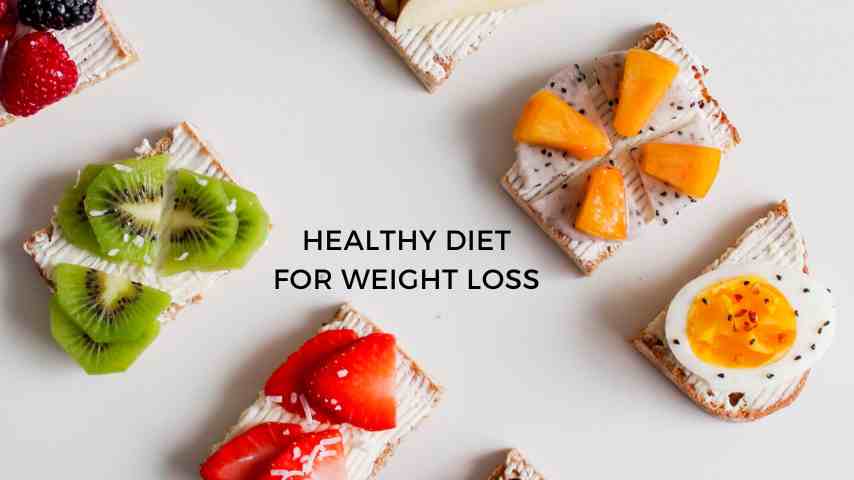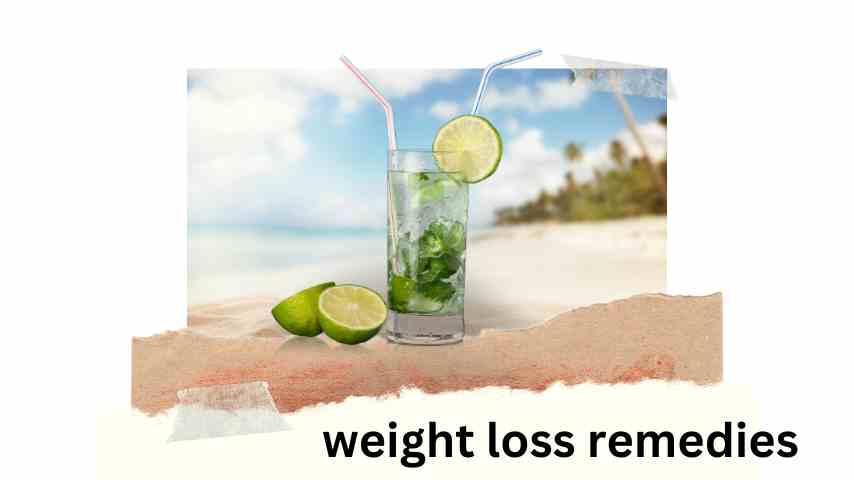Introduction:
Amongst the trendy pursuit towards good health and wellbeing, diet is one of the most important factors especially through weight loss meal plans. Apart from reducing body mass, a well-organized meal plan can contribute to overall better health. This article discusses why healthy meal planning is essential, its influence on society as well as practical strategies for individuals interested in dropping pounds safely.
Table of Contents
Key Issues or Aspects
Nutritional Balance: Maintaining a balanced diet while ensuring that calories are not excessive is amongst the basic things that define a healthy weight loss meal plan. Proper macronutrients’ balance such as proteins, carbohydrates and fats together with vital micronutrients supports body functions during weight reduction periods.
Caloric Deficit: Effective weight loss plans are centered around creating caloric deficits that see the body consuming less energy than it requires leaving room for no malnutrition.
Sustainability: Most of the diets aiming at shedding off excess weight fail because they are short lived. Thus, it should be an enjoyable eating pattern one could sustain for long enough instead of quick fixes resulting to fast regain of lost kilos.

Impact or Importance
On Society: Public health systems worldwide face serious consequences due to increasing obesity rates. Meal planning acts as an effective way of reducing overweight associated diseases like diabetes, heart attacks and joint pains among others.
On Health: A nutritious diet benefits more than just our bodies regarding losing weight alone; it improves intellectual activity, mood swings plus immune system functioning.
On Industry Players: The health and wellness industry thrives on new diet trends and meal planning. Diet programs catering for those seeking to lose extra pounds have a significant economic impact including health products.
Strategies or Solutions
Meal Prep Practices: Preparing meals beforehand helps limit ingredients consumed as well as serving sizes which otherwise leads to unhealthy choices like fast food eating habit.
Balanced Diet Incorporation: To avoid high calorie snacks, take a mix of proteins, fiber and healthy fats that will keep you full for longer periods.
Hydration: It is important to remember about metabolism and possibly reducing huge amount of calories consumption by drinking enough water.
Smart Snacking: By snacking well, it is possible not to overeat during main meals and support metabolism.

Case Studies or Real-life Examples
Example 1: John is a 35-year-old desk worker who followed a diet plan that included balanced macronutrient ratios and scheduled meal time. Focusing on high fiber vegetables, lean proteins, and good fats helped him stay satisfied throughout the day.
Example 2: Sarah began meal prepping Sundays when she was tired of counting calories and making food choices every night after work as a freelance graphic designer. As a result, she lost twenty pounds which led to an improvement of her energy levels and productivity.
Conclusion: Emphasizing the Main Takeaways
To achieve effective and sustainable weight loss healthy meal plans are fundamental. Big health gains can be achieved if people understand key issues around these issues, appreciate their impacts as well as adopt workable strategies. Remember that the aim of any weight loss meal plan should go beyond the numbers on a scale but rather improve general health and quality living standards. These examples illustrate how customized food strategies may lead to successful journeys towards weight reduction.
FAQ’S
What is a caloric deficit and why does it matter for losing weight?
Caloric deficit results when you consume fewer calories than your body burns in a day. It is necessary for weight loss because the body would need to utilize fat stored within the system leading to reduction of one’s body size.
How do I know if my meal plan is nutritionally balanced?
Your daily menu should contain foods from all food groups: fruits, vegetables, proteins, grains and dairy products for nutritional balance. Including different types of these foods helps to fill any gaps in your diet by providing important nutrients needed for good health.
How can I make my meal plan sustainable?
To ensure long-term compliance with the diet plan, it is important to enjoy what you eat, prepare meals in advance and include a variety of nutritionally dense foods so as not to get bored with monotonous meals.
Is drinking water helpful for weight loss?
Water intake helps fight hunger pangs by increasing fullness, marginally boosting metabolic rate and substituting high-calorie drinks responsible for gaining extra pounds.
Which healthy snacks are appropriate for inclusion in a weight loss meal program?
Examples of healthy snacks suitable for dieters include fruit; raw vegetables with hummus; Greek yogurt; nuts; seeds. These nutritious snacks facilitate satiety between main meals thus avoiding overeating.


2 thoughts on “Healthy Meal Plans for Weight Loss: Strategies for Sustainable Dieting”